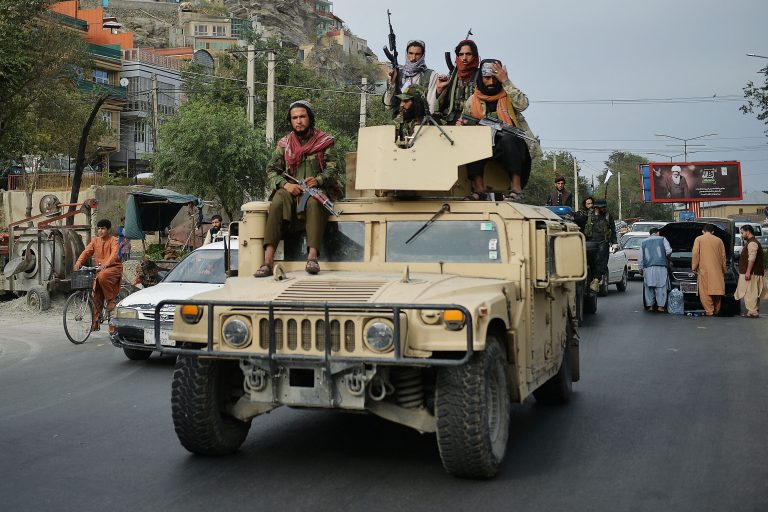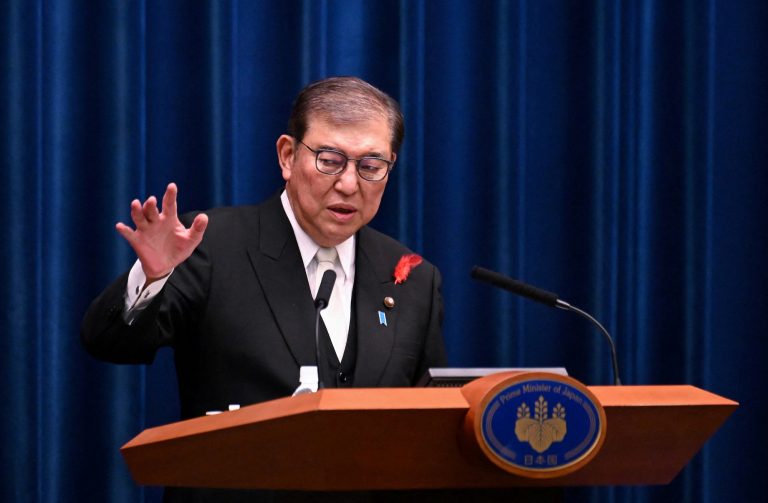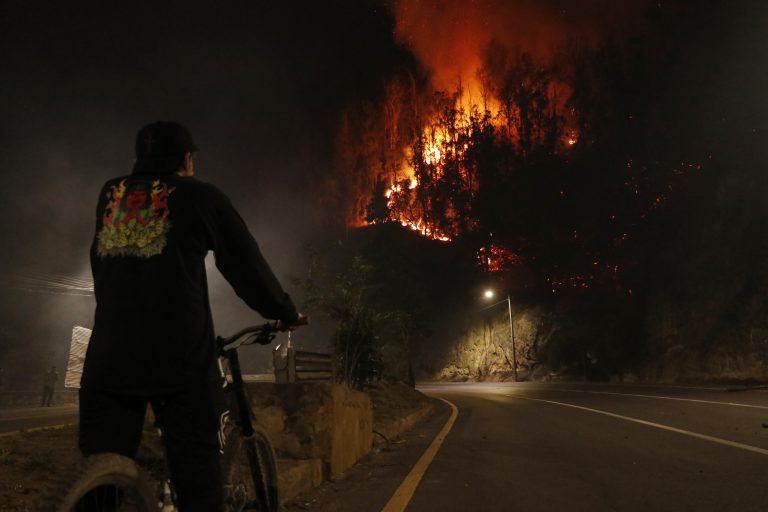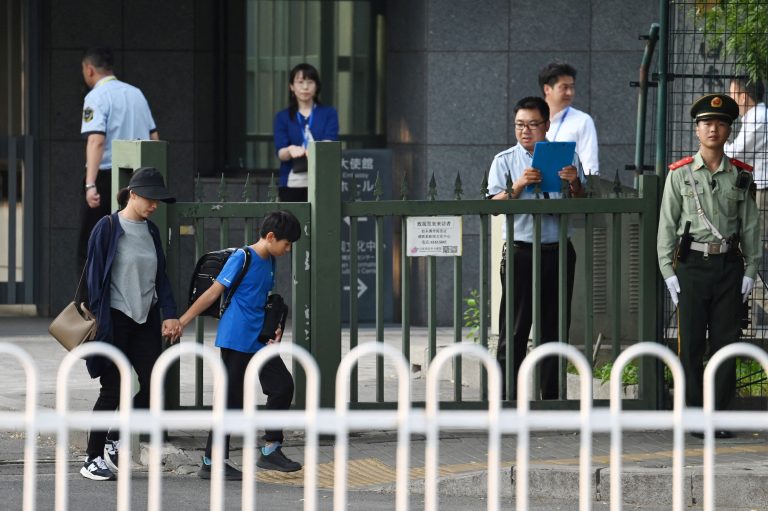The Taliban has announced that it has no intention of working with the United States to counter extremist threats in the country. The Islamic State (IS) has increasingly been carrying out numerous attacks in Afghanistan, with a recent suicide bombing in the city of Kunduz killing 46 people from the Shia minority.
When Taliban political spokesperson Suhail Shaheen was asked about the possibility of cooperating with the U.S. on the issue, he flatly rejected it. “We are able to tackle Daesh independently,” he said.
Daesh is a term used in Arabic to refer to IS. In the Kunduz bombing, the IS had taken responsibility and indicated that the bomber was an Uyghur, something that will be a source of worry for Beijing as well.
“There are Uighur militants in Afghanistan, most of them members of TIP/ETIM. If the ISIS claim is true, China’s concerns about terrorism in Afg-to which the Taliban claims to be receptive-will increase,” Michael Kugelman, deputy director of the Asia Program at the U.S.-based Wilson Center, said in a tweet.
He pointed out that the Taliban has largely been quiet about the plight of Uyghurs in Xinjiang, which is potentially driven by a desire to secure the support of Beijing. As such, the Taliban have an incentive to take action against TIP.
Success
You are now signed up for our newsletter
Success
Check your email to complete sign up
Kugelman also questioned the Taliban’s claims that it does not need help in dealing with ISIS, pointing out that the group has struggled to curb the terror outfit’s attacks. He feels that hardline Taliban members who are keen to keep fighting might also shift sides and join ISIS, strengthening the terror group further. He called ISIS “one of many big challenges for [the] Taliban as it struggles to consolidate its power.”
In an interview with Fox Business, Republican Representative Peter Meijer questioned Washington’s role in Afghanistan. “The Taliban have been surrounded and supported by their traditional allies, such as the Pakistani government, but we have yet to see any significant impression that the U.S. has influence with this group, and we need to maintain something here. You’ve seen the rise of ISIS-K. You’ve seen continuing attacks. This is a situation that could easily spiral out,” Meijer said.
On Oct. 10, a U.S. delegation met with senior Taliban representatives in Doha. In the meeting, Washington discussed providing humanitarian assistance to the people of Afghanistan. The U.S. side made it clear that the talks do not represent recognition of the Taliban government.
“The U.S. delegation focused on security and terrorism concerns and safe passage for U.S. citizens, other foreign nationals and our Afghan partners, as well as on human rights, including the meaningful participation of women and girls in all aspects of Afghan society,” State Department spokesperson Ned Price said in a statement.
During the talks, the Taliban warned Washington not to destabilize their government as it would be “good for no one.” The Taliban is currently seeking international recognition and aid to ease the country’s economic crisis.







